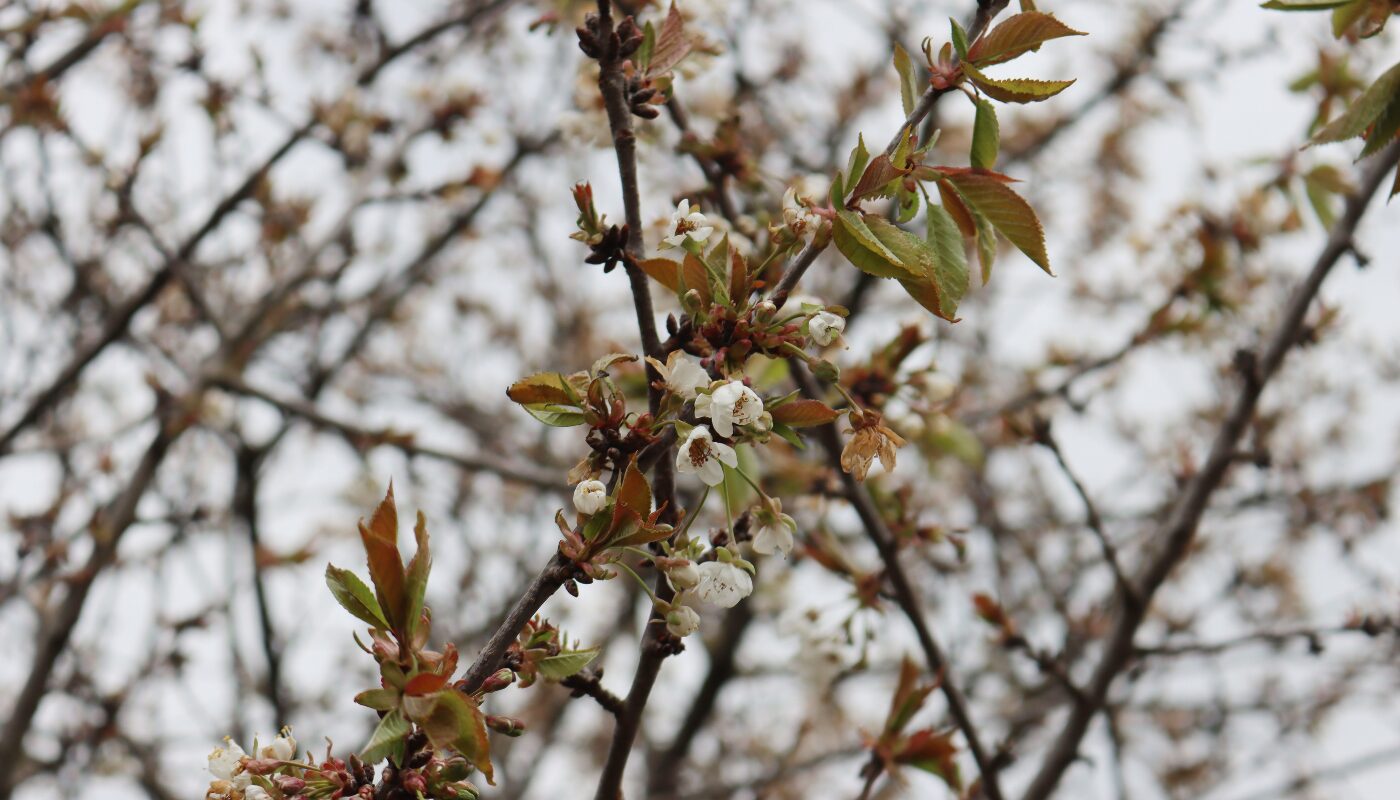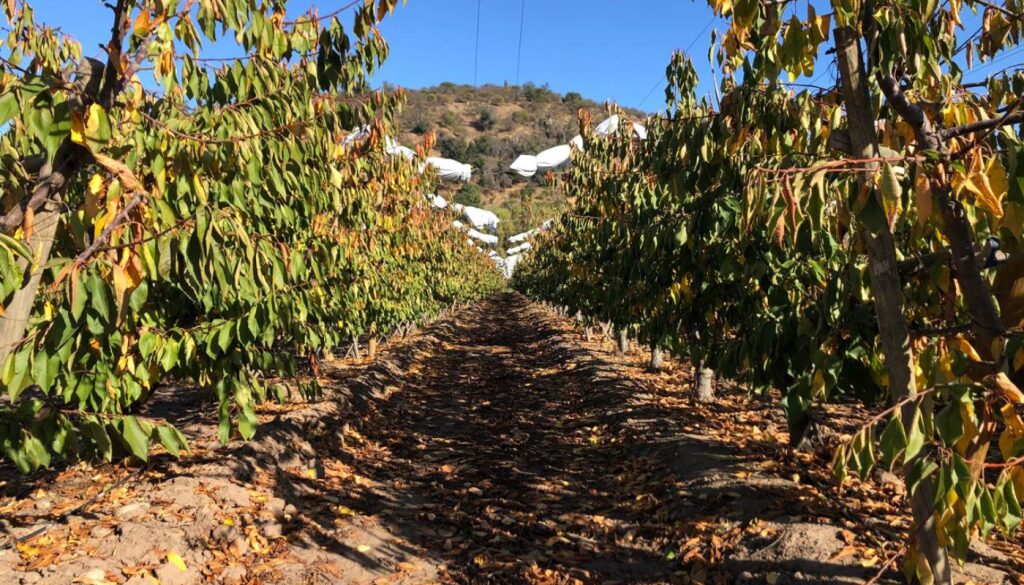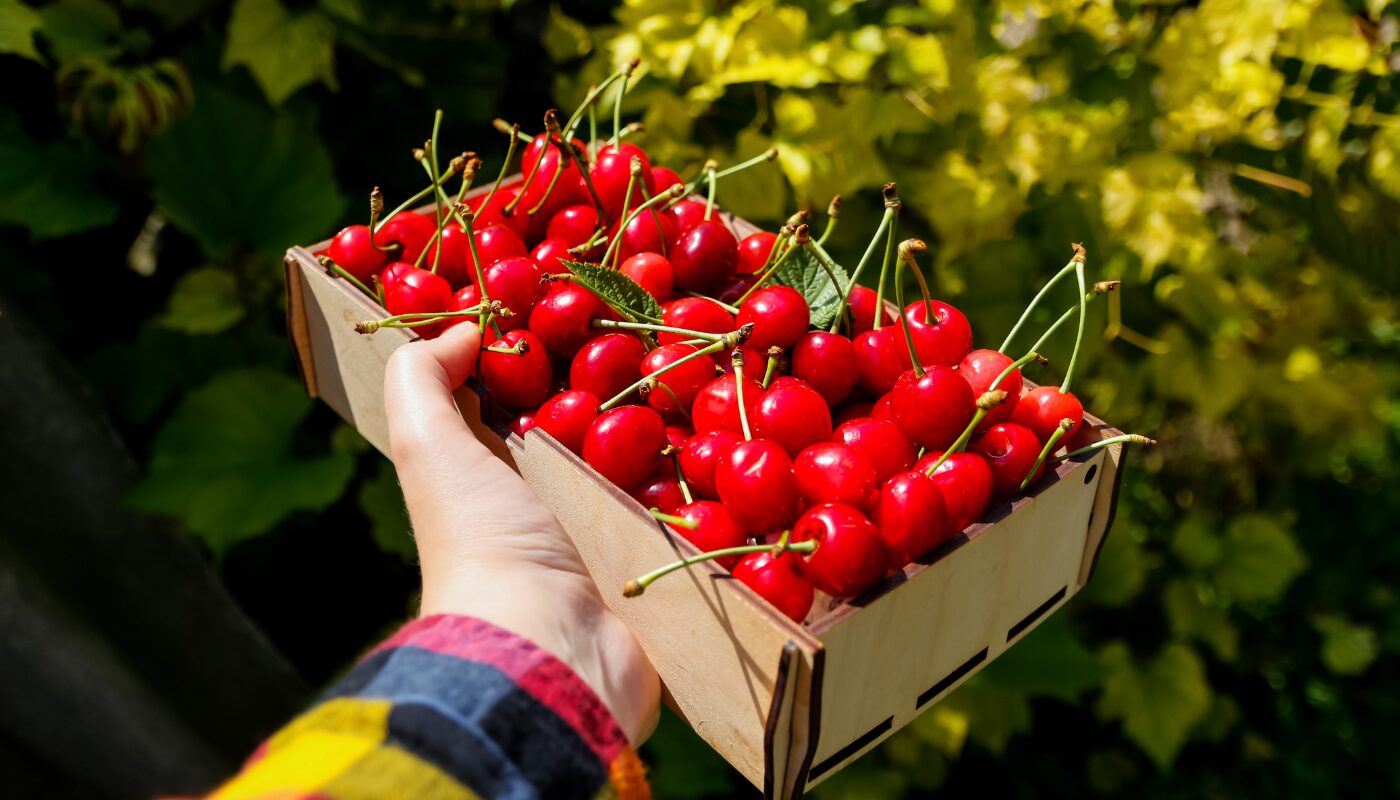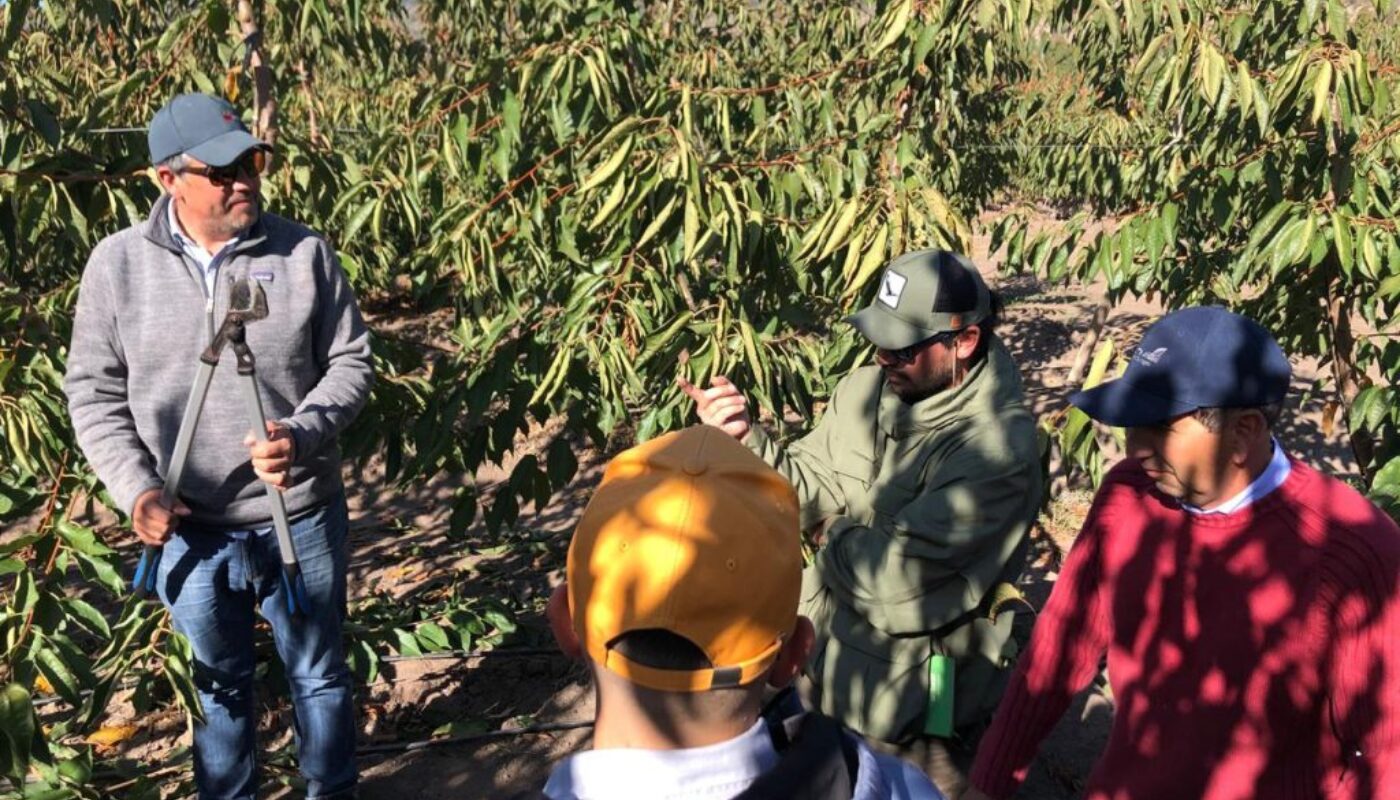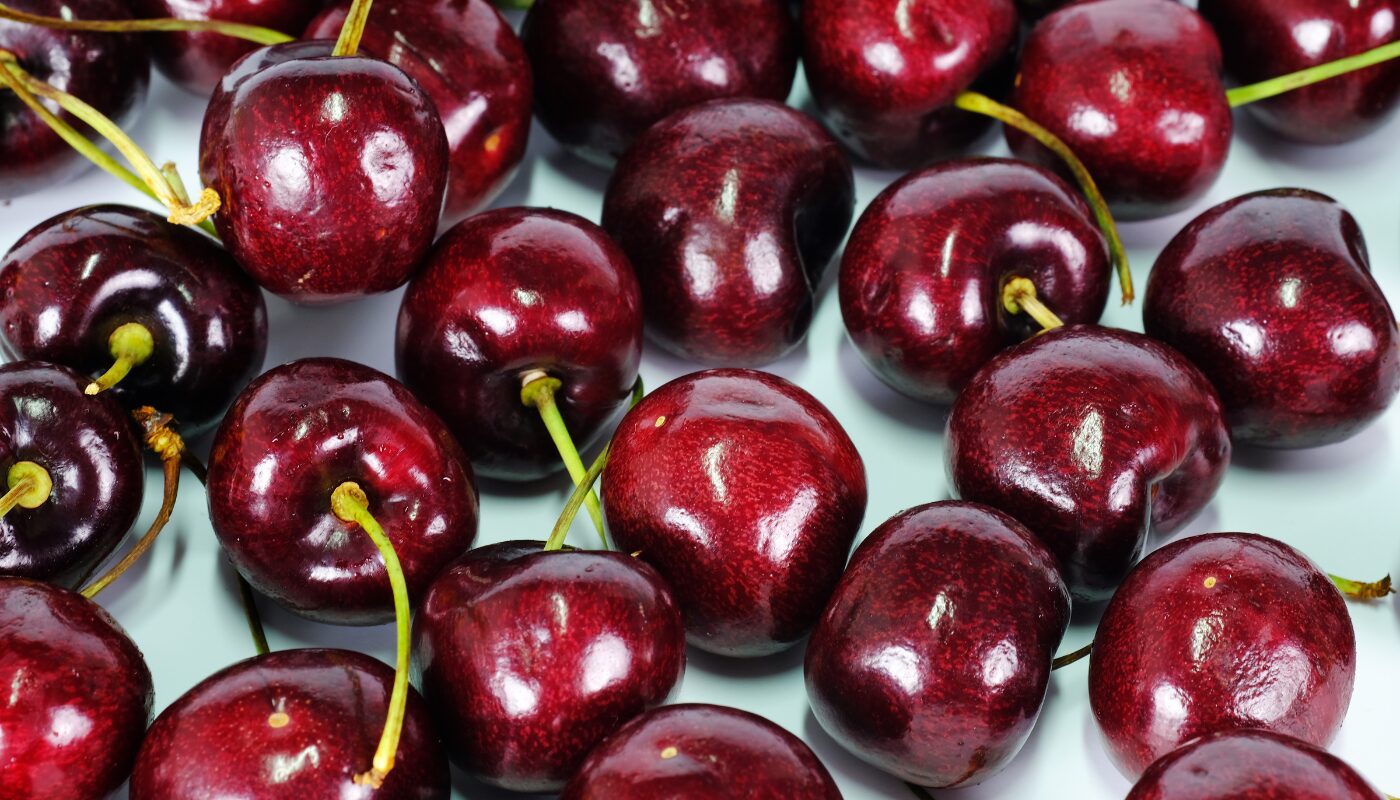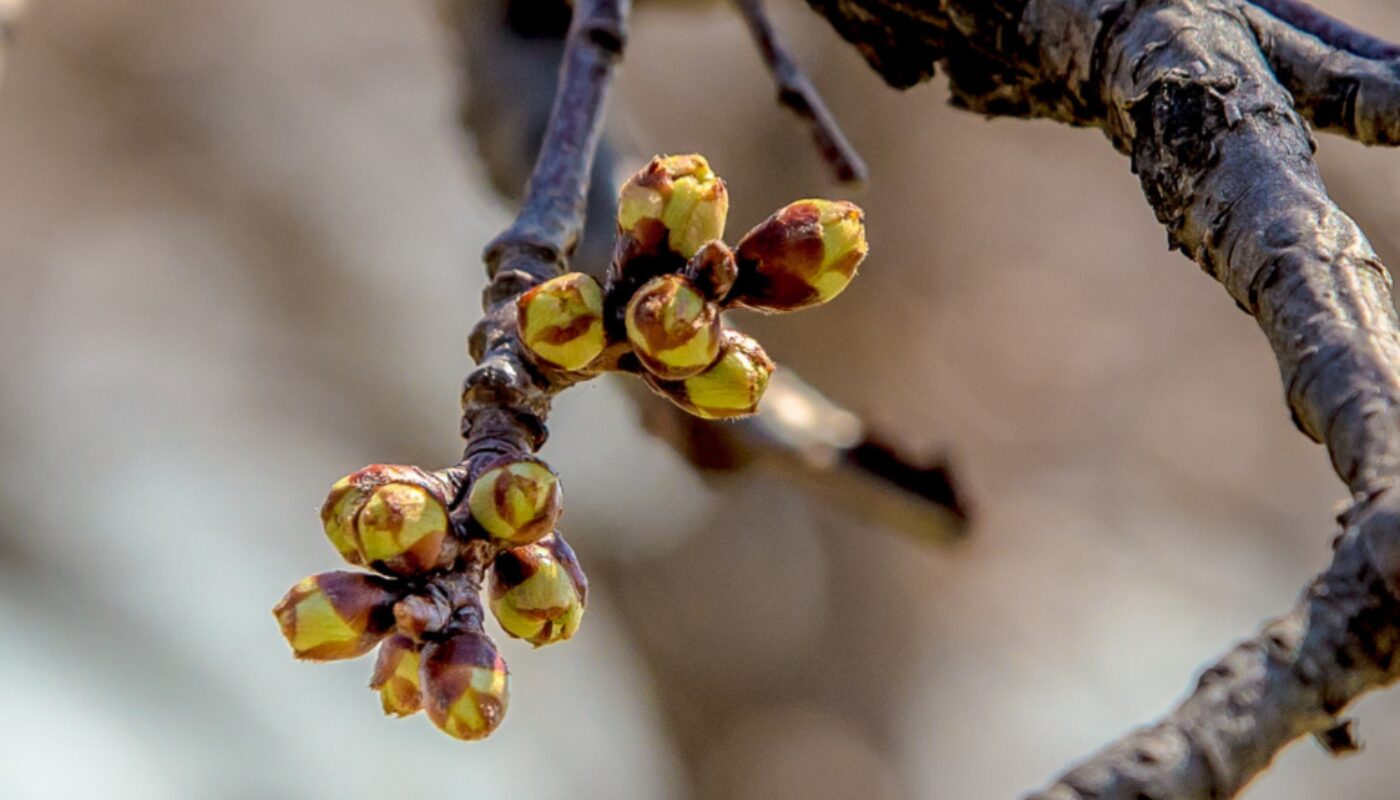As blossom season arrives in the Okanagan Valley, British Columbia, cherry growers are facing a devastating reality: the severe damage inflicted on cherry buds by this winter’s extreme cold. The repercussions are dire, with many orchards showing minimal to no blossoms, signaling a dismal harvest ahead.
This was reported by Global News last week, an outlet that also spoke with local producers, who commented firsthand on the complexity of the situation: Sukhpaul Bal, president of the B.C. Cherry Association and a seasoned cherry grower, minced no words in describing the situation: “It’s a disaster … this is the worst I’ve ever seen.” His sentiments are echoed across the region as growers grapple with the grim prospect of a significantly reduced crop yield.
Bal, who owns 85 acres of cherry trees at his Hillcrest Cherries orchard in Kelowna, lamented that this year’s trees won’t be bearing any fruit. “Everywhere along the branch nothing has opened up, so there will be no fruit here, no fruit there,” he said, illustrating the extent of the damage.
The plight extends beyond Bal’s orchard, with growers like Deep Brar, who manages around 100 acres of cherries at his Summerland orchard, facing similar predicaments. Brar expressed the dilemma many growers confront: whether to invest resources in salvaging a crop that may yield no returns or to cut losses and abandon it. Despite the latter option being financially burdensome, with ongoing expenses for maintenance without any harvest income, it’s a harsh reality for many.
Bal recounted a visit from B.C.’s agriculture minister in mid-March, during which he sought emergency funding to mitigate the impact on growers. However, relief has yet to materialize. He emphasized that existing support programs are inadequate for addressing the consecutive years of extreme weather events that have plagued the region.
The Ministry of Agriculture and Food announced a $70-million investment aimed at assisting B.C. fruit and grape growers in replacing damaged crops by replanting hardier, climate-resilient varieties. While this initiative is welcomed, some argued that it fails to address the immediate crisis. Moreover, replanting with trees bred for the Okanagan climate overlooks the urgency of the current situation.
The hope among growers is for the province to step in with emergency relief.
As the Okanagan Valley deals with the consequences of the harsh winter, the future of its cherry industry is at stake. While the road ahead may be fraught with challenges, the determination of its producers remains firm, clinging to the hope of better seasons to come.
Read the full article here
Source: Globalnews.ca
Read more about Canada here


